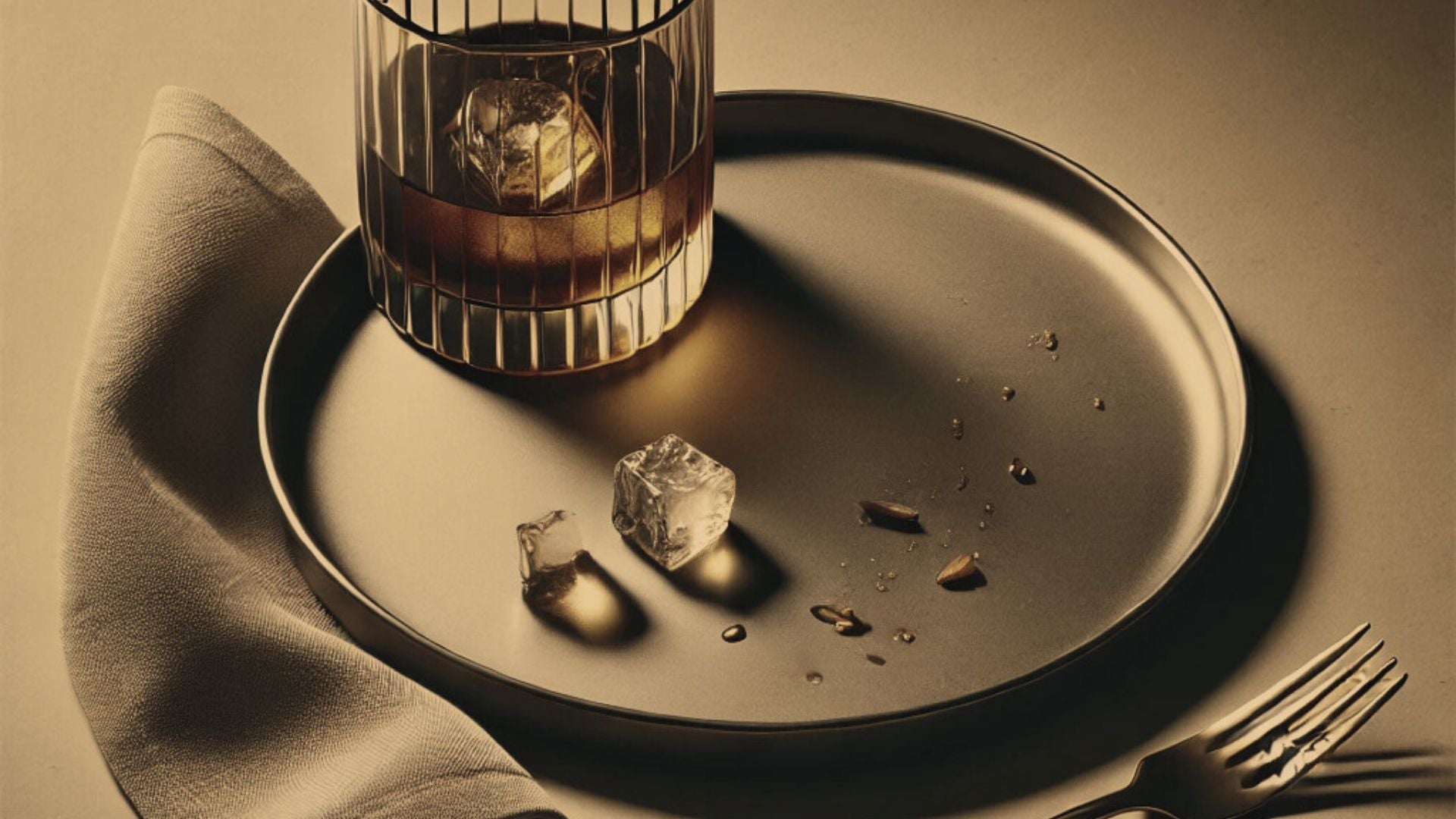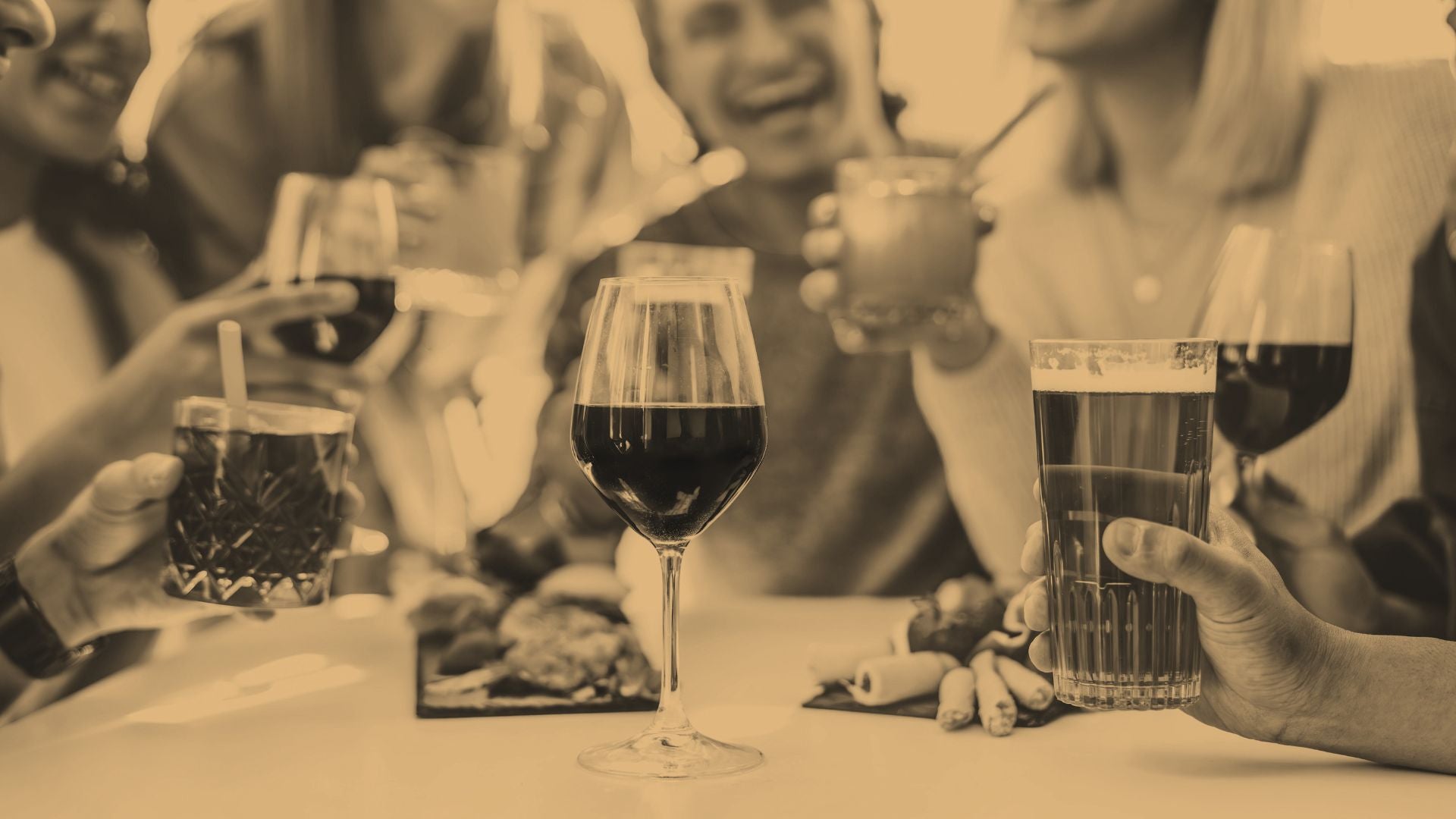
Hangover Prevention for Wine Lovers: Why Some Wines Make You Feel Worse
Ever sipped a glass of wine at a tasting, only to wake up feeling like a grape stomped by a winemaker?
You’re not alone. For wine lovers, the joy of a crisp white or bold red can sometimes come with a rough morning after. But why do some wines leave you with a bad hangover while others don’t? From wine hangovers to sensitivity to sulfites, we’re diving into the science behind why certain wines hit harder and sharing practical tips for hangover prevention for wine lovers. Plus, we’ll show you how to enjoy your next wine tasting without the dreaded hangover symptoms.
Why Do Some Wines Cause Worse Hangovers?
Not all wines are created equal when it comes to their impact on your body. Several factors can make one glass of wine lead to a pounding headache, while another leaves you refreshed. Here’s what’s happening behind the scenes:
- Congeners: The Hidden Culprits: Darker drinks like red wine contain higher levels of congeners—chemical byproducts of fermentation that give wine its rich flavor and aroma.
- Sulfites and Sensitivities: Sulfites are preservatives added to many wines, especially white wine, to keep them fresh.
- Alcohol Content and Dehydration: Wines with higher levels of alcohol (like some robust reds) dehydrate you faster, worsening hangover symptoms.
- Drinking on an Empty Stomach: Sipping wine without food accelerates alcohol absorption, spiking its effects and increasing hangover risk.
- Tannins and Histamines: Red wine contains tannins that can trigger headaches in some people, while histamines may cause inflammation or allergy-like symptoms.
How to Prevent Wine Hangovers Like a Pro
Now that you know why wine can cause hangovers for some, let’s talk prevention. These tips will help you enjoy your wine tasting or dinner party while minimizing the negative effects of alcohol:
- Hydrate: Drink water alongside every glass of wine. Aim for a 1:1 ratio—one glass of water for every glass of wine. Capsulyte HYDRATION helps replenish electrolytes.
- Eat Before You Sip: A balanced meal with protein, fats, and carbs slows alcohol absorption.
- Choose Your Wine Wisely: If red wine causes issues, try white or rosé. Look for wines with lower alcohol content (under 13% ABV).
- Support Your Recovery: Capsulyte PREGAME aids liver function and reduces oxidative stress.
- Get Plenty of Rest: Sleep aids recovery from the effects of alcohol.
Myth-Busting: Sulfites Aren’t Always the Villain
Sulfites in wine are often blamed for hangovers, but unless you have a confirmed sensitivity, they’re likely not the main cause. Hydration and moderation are more effective strategies.
The Bottom Line
Wine lovers, you don’t have to swear off your favorite pinot noir or white wine to avoid a bad hangover. By understanding why wine causes hangovers, you can make smarter choices. Drink water, eat well, choose lower-alcohol wines, and consider Capsulyte PREGAME and HYDRATION to support your body. Enjoy your next wine tasting confidently!
To learn more about managing post-drinking symptoms, head over to the Capsulyte blog for more science-based recommendations.


